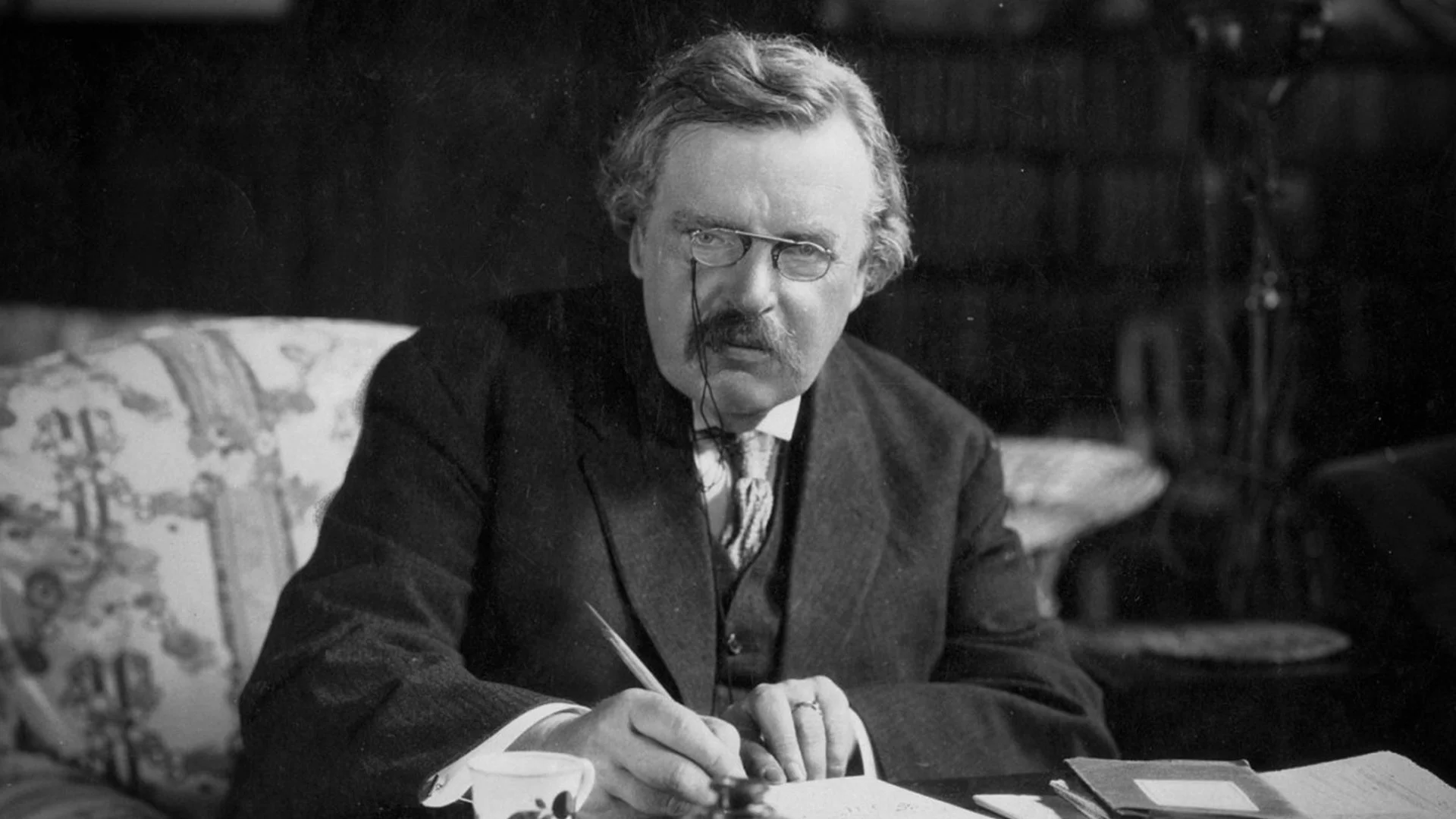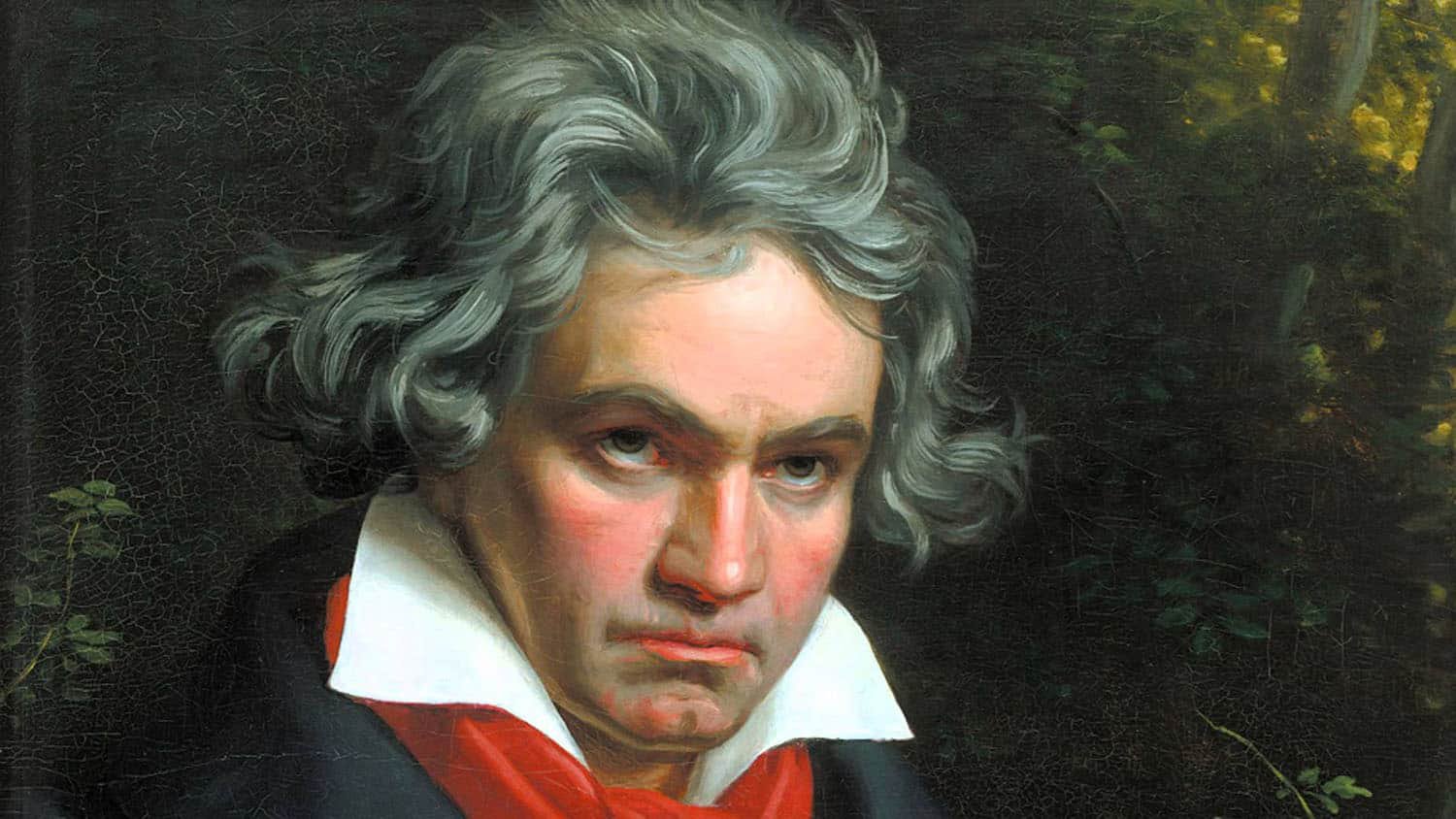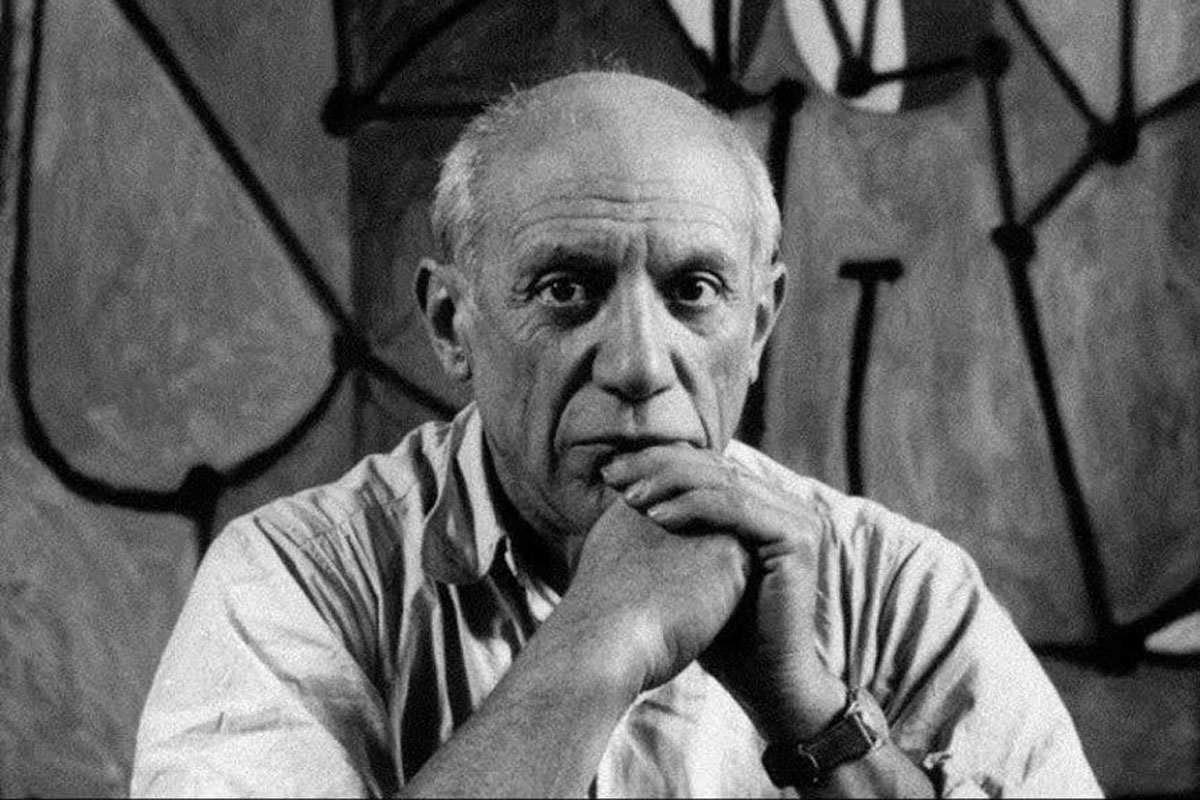This series of articles seeks to examine the character attributes of highly successful leaders, regardless of their adherence to a strong faith or moral standard. In presenting these thoughts, Leadership Ministries is not agreeing with or advocating these traits or practices, but rather presents these as ideas for discussion and development in your own leadership journey.
Nelson Mandela (1918 – 2013) was a South African dissident who fought to bring about the end of racist apartheid rule, and who served as the first black head of state of his country from 1994 to 1999. He focused his life on ending institutional racism and fostering racial reconciliation. His political activism began in the late 1940s under the white-only government. Apartheid literally means “apartness”, and through the middle twentieth century, South Africa became known for its racial segregation.[1]
Mandela was repeatedly arrested for seditious activities. Though initially non-violent in his protests, he also started and led militant groups. He was an avid socialist and was a controversial figure throughout his life. During his years of protest and activism prior to imprisonment, he openly embraced communism. He said, “I found myself strongly drawn to the idea of a classless society which, to my mind, was similar to traditional African culture where life was shared and communal.”
Convicted and sentenced to five years at Robben Island Prison, he was put on trial again in 1964 on charges of sabotage. In June 1964, he was convicted along with several other ANC leaders and sentenced to life in prison. Mandela spent the first 18 of his 27 years in jail at the brutal Robben Island Prison.
In 1962 he was convicted of undermining government rule and served 27 years in prison. By the 1990s apartheid was in wide disfavor. Then-President de Klerk bowed to tremendous international pressure and fears of civil war by releasing Mandela from prison. A general election was held in 1994 and Mandela became President, serving just one term. In his later years he became the elder stateman, combating poverty and HIV/AIDS. His activism today is widely celebrated and is held in deep respect in South Africa. He received over 250 honors including the Nobel Peace Prize.
Don’t give up. The intimidation and brutality Mandela faced in prison grew his reputation and respect among South Africans over nearly three decades. He was fearful but stood resolute. Mandela was tall and trained as an amateur boxer, so he carried himself with a regal air that immediately communicated respect. It would have been impossible for Mandela to dismantle apartheid when he grew up in the 1940s, or when he went to prison in the 1960s. But he was patient and waited nearly 60 years for the opportunity. Mandela said, “A winner is a dreamer who never gives up.”
In the 1960s Mandela began studying Afrikaans, the language of white South Africans who supported apartheid. He was preparing to talk with and negotiate with them in the future, as well as better know their strengths and weaknesses. He understood that if you talk to a person in a language they have learned, it goes to their head, but if you talk to them in their native language, it goes to their heart.[2] He also studied rugby, the Afrikaners’ favorite sport.[3] Early in life Mandela had education as a lawyer. When the time finally came for him to speak publicly, he was eloquent, persuasive and able to dialogue with both blacks and whites.
Embrace your enemies. In prison, Mandela was permitted one 30-minute visit every six months, and one letter of no more than 500 words per month. He and the other prisoners were permitted no reading material, not even a Bible. “We had to befriend the most hostile warders,” Mandela said, “because they were the ones who would be least expected to smuggle in reading materials.” The prison guards were young, white, poorly educated men, primed to hate blacks and to see Mandela and his friends as “terrorists.” Once a book or newspaper was smuggled in, it would be copied in tiny, crowded writing, sealed in precious plastic, and concealed. The words would be memorized.[4] By befriending his enemies, Mandela was able to continue reading and growing in knowledge during his years behind bars.
Upon release from prison, Mandela immediately began meeting with apartheid president de Klerk. He often embraced his political rivals so he could better control them within his circle of influence. He understood and often said, “People act in their own interest.” The day after he was elected President, he was in the presidential offices and saw former white staffers packing their items and moving out. He persuaded several to stay, saying, “You see, we people, we are from the bush. We do not know how to administer a body as complex as the presidency of South Africa. We need the help of experienced people such as yourself. I would ask you, please, to stay at your post.”[5] Some did, opening the door to greater interracial relations at the top level of government.
F.W. de Klerk and Nelson Mandela shared the 1993 Nobel Peace prize.
Smile often. Mandela was a master at neutralizing people with charm. He had an infectious smile which is revealed often. He often spoke at length with people, persuading them to accept his idea by making them believe it was their own. He “led from behind”, giving credit often to others and celebrating victories even though his name was not on the masthead. Mandela understood that people are not born racist, but it is a learned characteristic. Just as people are taught to hate they can be taught to love. Mandela was known for treating everyone equally and with respect, whether a lowly staffer or the President of the United States. The Queen of England adored him, and Mandela was the only world leader she allowed to call her “Elizabeth”. Mandela said, “Education is the most powerful weapon which you can use to change the world.”
[1] https://en.wikipedia.org/wiki/Nelson_Mandela
[2] https://www.ramseysolutions.com/business/15-leadership-lessons-mandela
[3] http://richardmale.com/nelson-mandelas-leadership-lessons/
[4] https://www.inquirer.com/philly/opinion/inquirer/20131208_Mandela_and_the_strength_of_friendship.html
[5] https://www.theguardian.com/world/2013/dec/07/nelson-mandela-freedom-fighter-john-carlin


































Frank Winfield Woolworth was an American entrepreneur, and founder of the F. W. Woolworth Company. He pioneered the retail variety stores which featured low-priced merchandise selling for 5 and 10 cents.